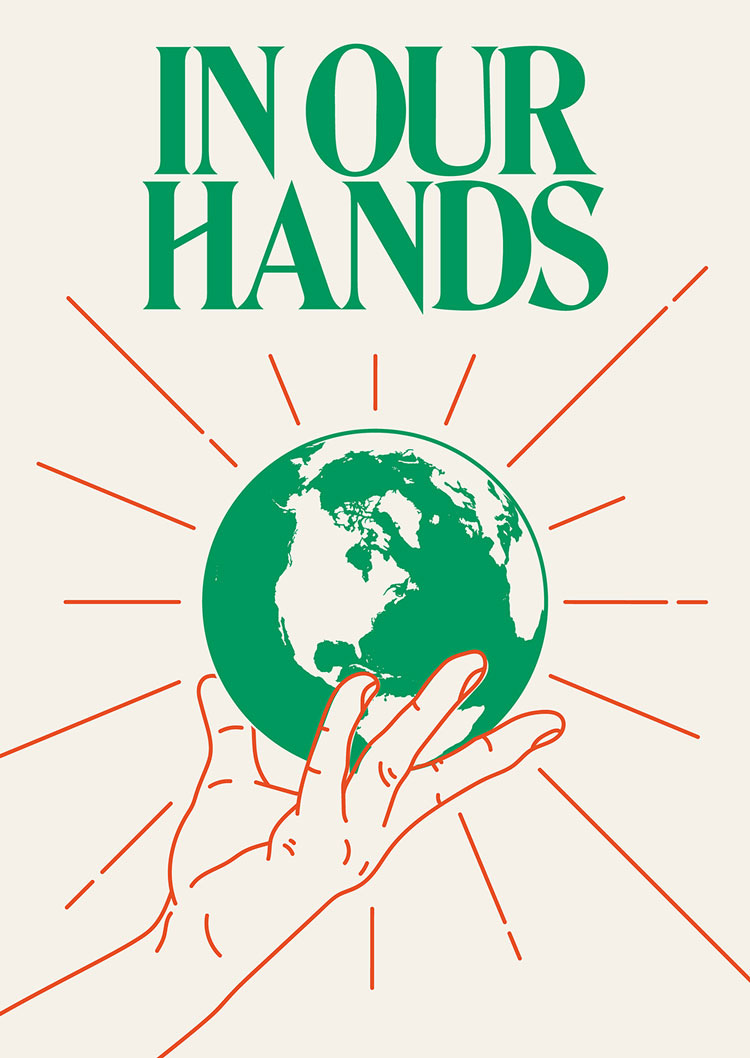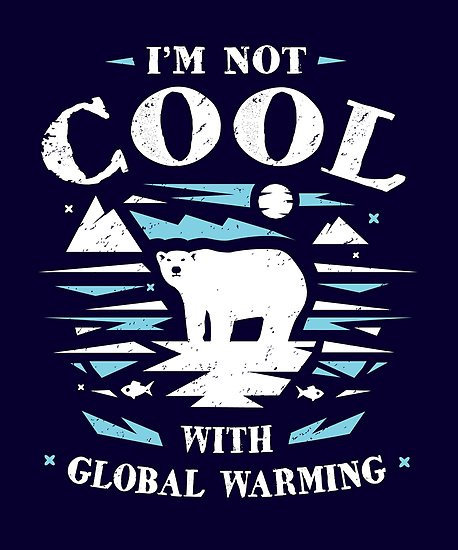Climate Change At A Glance
Our planet needs our help, but first, let's educate ourselves.
Hello all, and welcome to my blog. My name is Lizzy, and I am currently a junior at West Liberty University majoring in public relations, with a minor in journalism. I am very passionate about climate change and environmental issues. About two years ago, I started to fully comprehend the damage the Earth is going through, and it completely changed my mindset. I want to share with you my knowledge in hopes that you will learn something new, too. In my first post, I give an overview of a few environmental issues we are facing, and I will go more in depth with each post.
Climate change is often still overlooked as being something that isn't a critical issue. The problem is, there isn't enough being done to combat climate change and not enough people are taking it seriously. There are many ways to take action against climate change, but the first step is to be educated on the matter.
Did you know the number one leading cause of climate change is the burning of fossil fuels? According to the NRDC, burning fossil fuels contributes to air pollution and ocean acidification. This means sea levels are rising, putting all sea life in danger. According to the NOAA website, sea levels have risen about eight to nine inches since 1980. The same website goes on to say, “In many locations along the U.S. coastline, high-tide flooding is now 300% to more than 900% more frequent than it was 50 years ago.” According to National Geographic, even small increases in sea levels can result in devastating effects on the coastal habitats, and “can cause destructive erosion, wetland flooding, aquifer and agricultural soil contamination with salt, and lost habitat for fish, birds, and plants.” Rising sea levels may also result in more frequent and powerful hurricanes and typhoons. This then causes more destruction and devastation to all habitats and beings in its path, including us.
Our air and atmosphere are at high risk, too. According to Nasa, we have seen a continuously increasing amount of carbon dioxide levels in the atmosphere since 1950. Carbon dioxide comes from two main sources, natural and human activities, according to the UGSS website. Most animals exhale carbon dioxide as a waste product, and human activities that lead to carbon emissions usually come from energy production (burning coal, oil, and natural gas). Cows specifically are the largest contributors to carbon emissions. They are responsible for 62% of agriculture emissions, according to The Washington Post. The article continued on to say, “A 2017 study found that if every American swapped out all the beef in their diet for beans, it would get the United States halfway to meeting the 2020 greenhouse gas emission targets laid out in the Paris climate accord.” When we think of what’s causing so much damage to the planet, we often forget the impact our eating habits have, and eating beef plays a huge role in the planet’s atmosphere.
With global temperatures rising, scientists say it’s only a matter of years until irreversible and destructible damage will be done. Because of temperature rising, we are losing more and more of our Arctic Ice every year which is causing a decline in the population of polar bears, and thus causing a shift in the entire ecosystem which would start to affect ecosystems around the world like a chain reaction. This chain reaction would then start to affect us. According to the WHO website, it is predicted that between 2030-2050 there will be an additional 250,000 deaths per year as a result of climate change. Higher temperatures can cause long lasting heat waves. Heat waves can be very dangerous and can result in heat cramps, heat strokes, and death, according to the EPA website.
In our future, we are facing natural disasters occurring at an abnormal rate, and they will happen in places that they don't typically occur at. Natural disasters such as droughts, storms, rising sea levels, and storms will occur, according to the WWF website.
If we do not act fast and demand changes, we will not have a life-long future. For many of us, 11 years will be our late twenties and early thirties. One ecosystem being compromised affects them all. If you’re wondering what the solution is, it is to act now and act fast. We have the power to make a change, so let’s use this power to protect our planet. In my next post, I will discuss ways to help in your daily life and how to be proactive and demand change.



Hi Lizzy! I am so excited to keep up with your posts. Climate change and environmental issues are topics that I am also very passionate about, and I'm excited to learn more about them and also get some tips and tricks to live a more eco-friendly lifestyle. Can't wait to read!
Lizzy, will we get updates about climate news, or are you going to offer us strategies about how to reduce our footprint. Will it be a combination of the two?